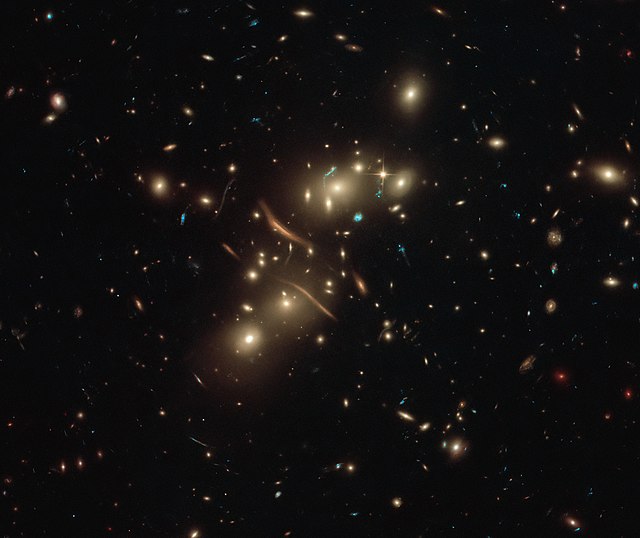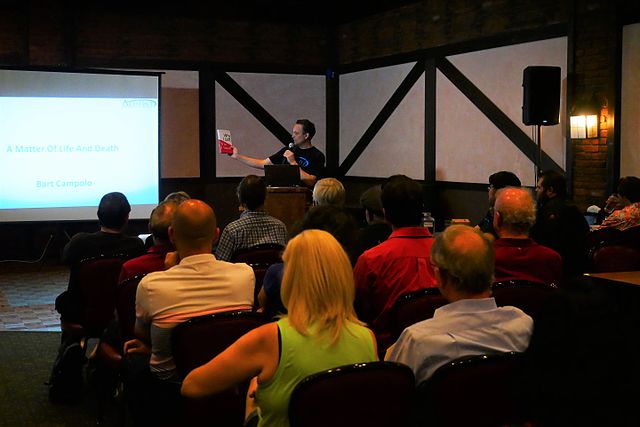Paul-Henri Thiry, Baron d'Holbach, known as d'Holbach, was a Franco-German philosopher, encyclopedist and writer, who was a prominent figure in the French Enlightenment. He was born Paul Heinrich Dietrich in Edesheim, near Landau in the Rhenish Palatinate, but lived and worked mainly in Paris, where he kept a salon. He helped in the dissemination of "Protestant and especially German thought", particularly in the field of the sciences, but was best known for his atheism and for his voluminous writings against religion, the most famous of them being The System of Nature (1770) and The Universal Morality (1776).
Portrait by Alexander Roslin
Insight into the Ludwigstrasse in Edesheim (Rhineland-Palatinate). The birthplace of Paul Henri Thiry d'Holbach was in the house n° 4. Old picture postcard from 1940.
Segment of his baptism certificate
Franz Adam Holbach's, or Adam François d'Holbach's house in Edesheim, Schloss Kupperwolf
Atheism, in the broadest sense, is an absence of belief in the existence of deities. Less broadly, atheism is a rejection of the belief that any deities exist. In an even narrower sense, atheism is specifically the position that there are no deities. Atheism is contrasted with theism, which in its most general form is the belief that at least one deity exists.
In his work De rerum natura, Lucretius stated that everything consists of atoms moving in infinity.
Lecture to the Atheist Community of San Jose in 2017.
Author José Saramago criticizes religion.
Epicurus








